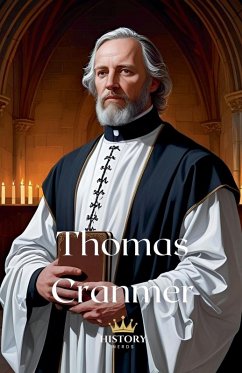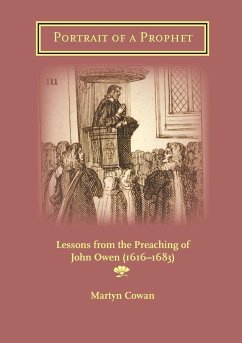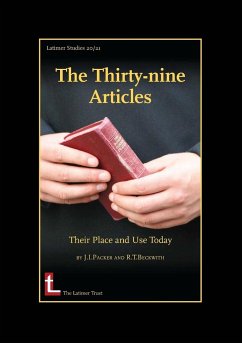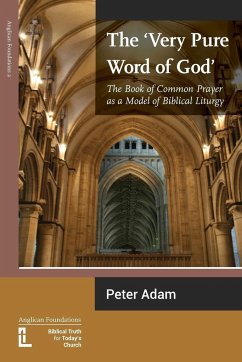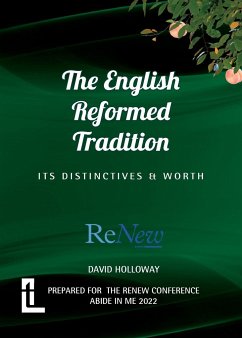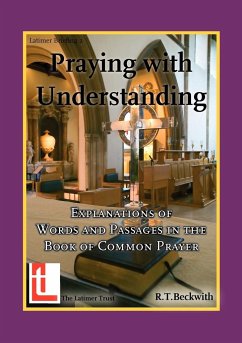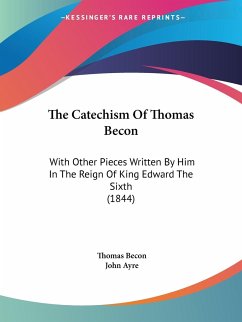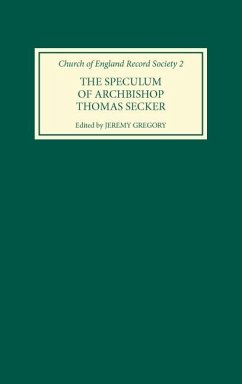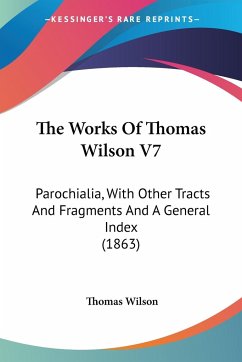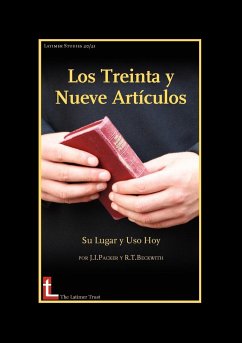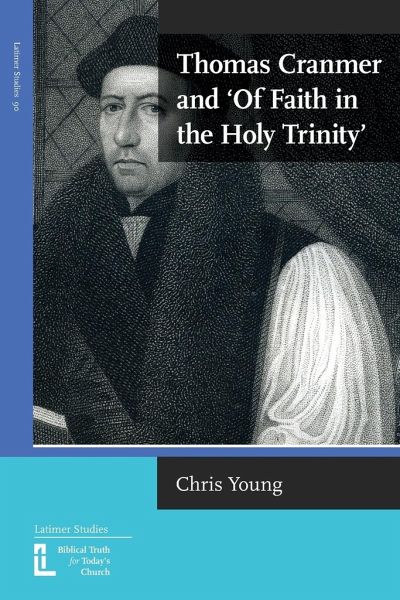
Thomas Cranmer and 'Of Faith in the Holy Trinity'
Versandkostenfrei!
Versandfertig in 1-2 Wochen
10,99 €
inkl. MwSt.

PAYBACK Punkte
5 °P sammeln!
What can be learned from Thomas Cranmer's theology of the Trinity, and why does it merit closer examination? This book considers Cranmer's Trinitarian theology from various angles, drawing on his writings, including the 1553 Articles of Faith and the 1552 Book of Common Prayer. It explores his theological debt to the Church Fathers, fellow Reformers, and Medieval theology, demonstrating how Cranmer articulated a fully historic, orthodox, and Reformed doctrine of the Trinity. Rather than leaving behind a comprehensive theological treatise, Cranmer's greatest achievement was imprinting the reali...
What can be learned from Thomas Cranmer's theology of the Trinity, and why does it merit closer examination? This book considers Cranmer's Trinitarian theology from various angles, drawing on his writings, including the 1553 Articles of Faith and the 1552 Book of Common Prayer. It explores his theological debt to the Church Fathers, fellow Reformers, and Medieval theology, demonstrating how Cranmer articulated a fully historic, orthodox, and Reformed doctrine of the Trinity. Rather than leaving behind a comprehensive theological treatise, Cranmer's greatest achievement was imprinting the realities of the triune Godhead in the hearts and minds of the English-speaking world through his liturgy. The book concludes with reflections on Cranmer's Trinitarian legacy, noting his influence on subsequent generations of Anglicans and addressing contemporary concerns in Trinitarian theology, seeking enduring insights from Cranmer's work. Chris Young is the assistant minister at All Saints, Preston, an evangelical Anglican church. He studied at Union School of Theology and was originally ordained through the Anglican Mission in England.





